|
I came to Dalat, Vietnam to work with Dr Paul Olivier on his gasifier stove project and learn about his other innovative endeavors . He envisions closed-loop recycling systems, where the ‘waste’ from one element becomes the resource for another. These technologies have particular application integrated ecological agriculture. For example, one can ferment cabbage trimmings, (100 tons per day produced in Dalat), and feed them to pigs, the pigs’ feces can be fed to black soldier flies and composting red worms, the BSF pupae and red worms can be fed to fish, the worm castings can be sold for a high price as fertilizer……………. and so on. His gasifier stove operates on rice husks and coffee husks, both of which are waste products in most parts of the world. Gasification is the process where the biomass, (husks etc), is heated to the point where it releases a combustible gas that is then burned at another location, several inches or even many feet away. It is much less smoky than direct combustion and is the only feasible technology for burning small, loose, evenly-sized biomass like husks. It also produces biochar as a by-product, which is useful in increasing soil creation and fertility. However, small scale gasifiers for domestic kitchen use are in their infancy and there are several problems to be addressed before they will be widely adopted by cooks. One breakthrough that Paul and I made was the addition of a wire mesh grill above the flame that transformed the energy from hot gases into radiant energy, which is much more focused and efficient. It was one of these serendipitous moments when we were out of ideas on how to focus the burner flame, then Paul found an old kitchen sieve lying around in the workshop and popped it onto the burner – Hallelujah and Eureka! I was very fortunate to come across two young Americans, Loren Cardelli and Will Rutherford, who are in Dalat to help local farmers adopt ecological agricultural techniques and to work with Dr Paul. Check out their non-profit, A Growing Culture at http://www.agrowingculture.org/. They invited me to share their rented house and to open the Dalat Roxie, which is enjoying great popularity. Loren is an expert in stock raising, particularly pigs, and Will’s forte is plant raising. They are helping local farmers learn about living beds for pigs, natural fertilizers like Effective Micro-organisms and cover crops like perennial peanuts. The economy in Vietnam is expanding rapidly and agricultural production is keeping pace. However, there is excessive use of chemical pesticides, herbicides and other destructive agricultural practices. Dalat, being high in the mountains, has a cool climate, ideal for vegetable and fruit production. There are greenhouses as far as the eye can see, many of them stuffed, not with vegetables, but with flowers. The chemical run-off from these operations is starting to create a real pollution problem. We recently visited a small farm where the main product is rice wine, but pigs are also raised. The farmer spends a great deal of money on coal to boil the rice, on feed for the pigs, and the pig waste is simply channeled into the adjacent stream. From an ecological agriculture point of view, it’s a disaster. Inputs are being imported at high cost, outputs are being lost and pollution is rampant. Will, Loren and Paul are discussing an integrated system where the pigs would occupy a living bed (absorbent material that traps the urine and is healthier than the current concrete floor), the rice would be boiled by a rice husk gasifier, and the pig feces would be collected in a pond covered with duckweed, which would be fed to the pigs etc, etc. Introducing new technologies like these requires gaining the confidence of the adoptees and avoiding disruption of their income stream. As with many situations in the development field, the technology is the simple part, it’s the cultural and economic part that is tricky. I also met a French couple with whom I immediately bonded and who are leading an interesting and courageous life in a Montagnard village just outside Dalat. The Montagnards are a minority people made up of many tribes, whose presence in Vietnam predates the arrival of the Vietnamese themselves. They live outside the majority Vietnamese society, surviving on the margins. Like other minorities I have met, (the Karen in Burma for example), the Montagnards get on well with outsiders and they formed alliances with the French and the Americans to fight against the Vietnamese in the 1950s through the 1970s. This, of course, did not endear them to the ultimate victors, the Vietnamese communists. The Montagnards have a split personality where they are on one hand, kind, gentle and almost naively innocent and on the other hand ferocious hunters and warriors, who excel in the jungle setting and who have for centuries conducted savage warfare against the Vietnamese and also, fellow tribesmen. The French couple, Pierre and Virginie, both have strong family ties to Vietnam and they are committed to helping the Montagnards with development projects. They introduced me to an sweet elderly couple called Baung and Maung, for whom Pierre and Virginie had purchased a small flock of sheep. But instead of raising the sheep for sale and slaughter, Baung fell in love with them, and now he will not part with a single one! Pierre is an expert beekeeper and along with growing and marketing coffee, he and Virginie are embarking on a new life in a new land, dedicated to helping those who are less fortunate. My other impressions of Vietnam are diverse and perhaps not representative of the country, as Dalat is a prosperous corner in a large and rapidly changing society. I borrowed a moped from Paul and I have been braving the crazy traffic patterns here, all the while marveling that there aren’t more accidents. The main danger concerns vehicles joining the traffic flow from the right, (from the left or indeed any direction!), as the driver never looks to see if the spot he has chosen to enter might be occupied by another vehicle. He just pulls in and all other traffic has to swerve to accommodate him. Traffic lanes are observed only if there is not a good reason not to observe them. Here, might has right and size does matter. Many times I have had the pull off the road to avoid being crushed by an oncoming bus or truck. So far, there has always been somewhere to go. The key is never losing your vigilance of what is happening all around you at all times, no small feat! The Vietnamese economy is on steroids. After decades of central planning and a stagnant economy, Vietnam is emerging into the mixed blessing of deregulation and the globalized market. Investment is evident everywhere and the Vietnamese, known as the world’s hardest workers, are reverting to type and grabbing the opportunity with both hands. These are people to be reckoned with. However, in the headlong rush towards industrialization, the country risks losing much of great value. There are laws regulating pollution and the conservation of natural resources, but they are not enforced, due to the endemic corruption at all levels of society. Consciousness of natural processes and balance have been cast to the winds, as Vietnam goes down the road pioneered by China, leading to rapid economic growth coupled with massive industrial and agricultural pollution. It is a salutary lesson to observe the development of the various countries I visit each year. Madagascar is so isolated economically and politically, Haiti is trapped in its benighted history, Burma is emerging from decades of isolation to be surrounded by forces that would strip it bare and Vietnam is growing at an unsustainable rate that will leave it heavily polluted. However, I do have confidence that the Vietnamese people will rise to task, whatever that task turns out to be.
0 Comments
|
Archives
March 2017
Categories
All
|

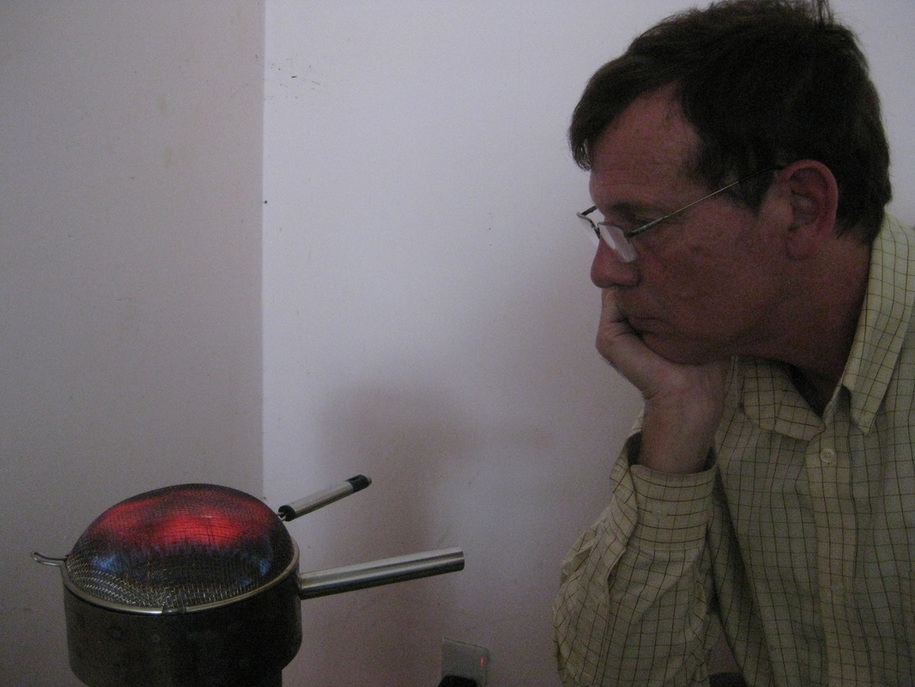
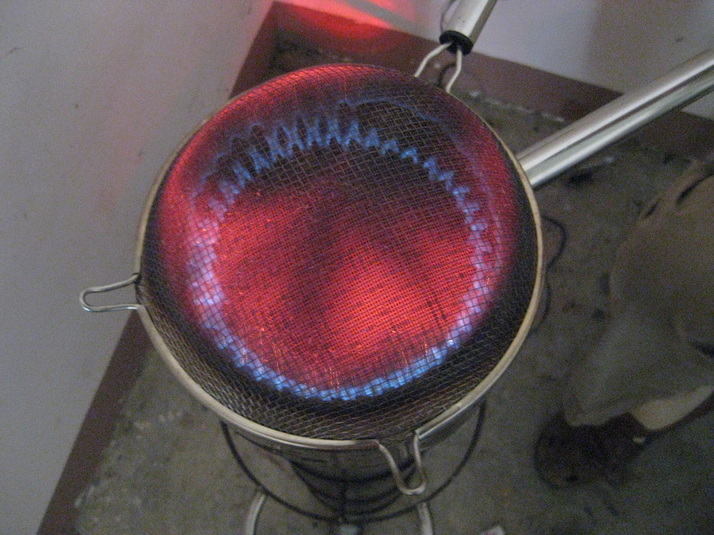
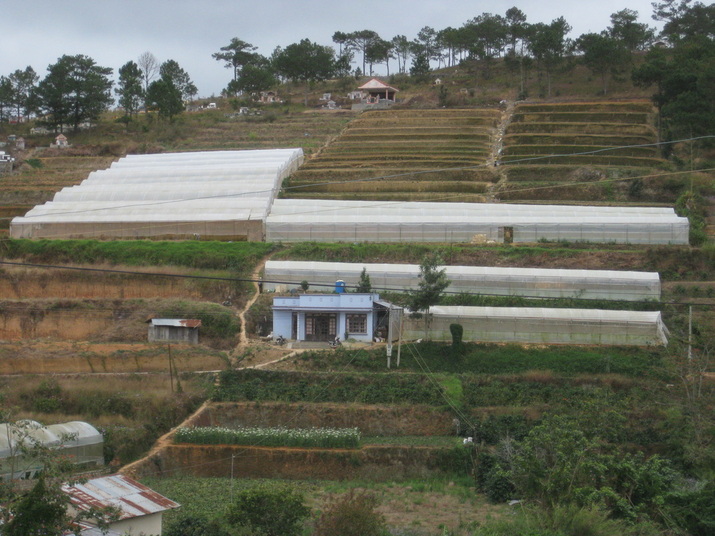
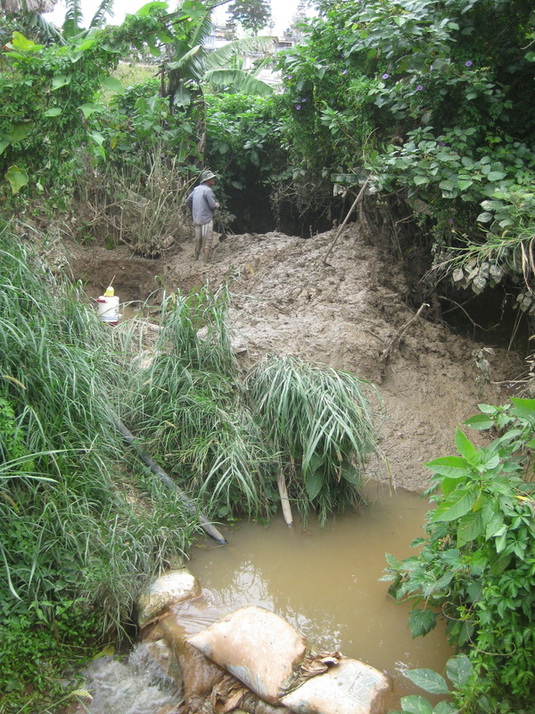
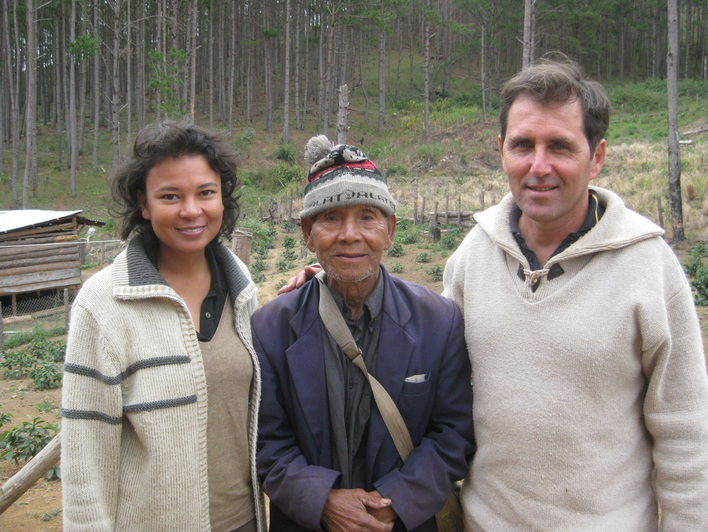
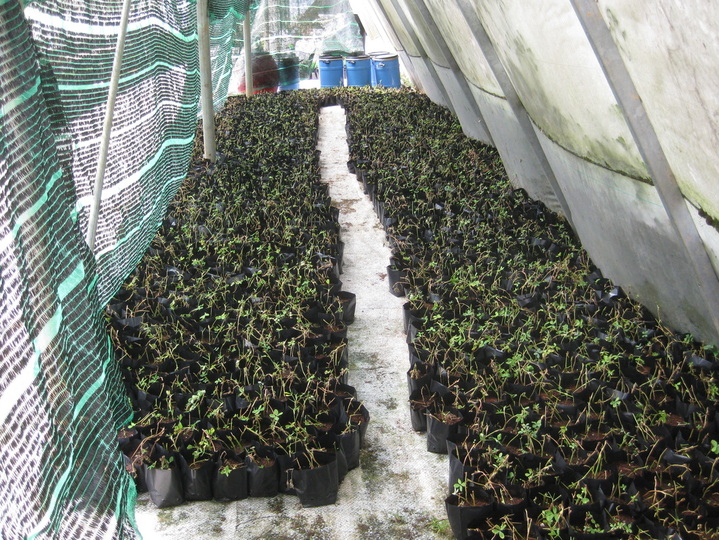
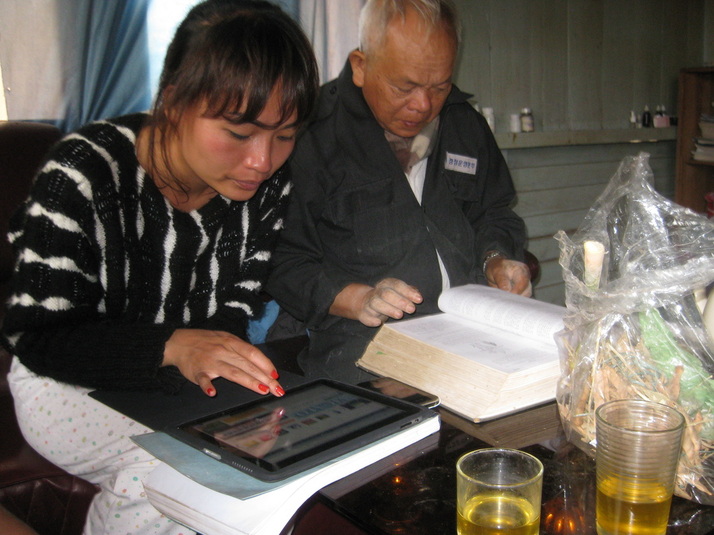
 RSS Feed
RSS Feed